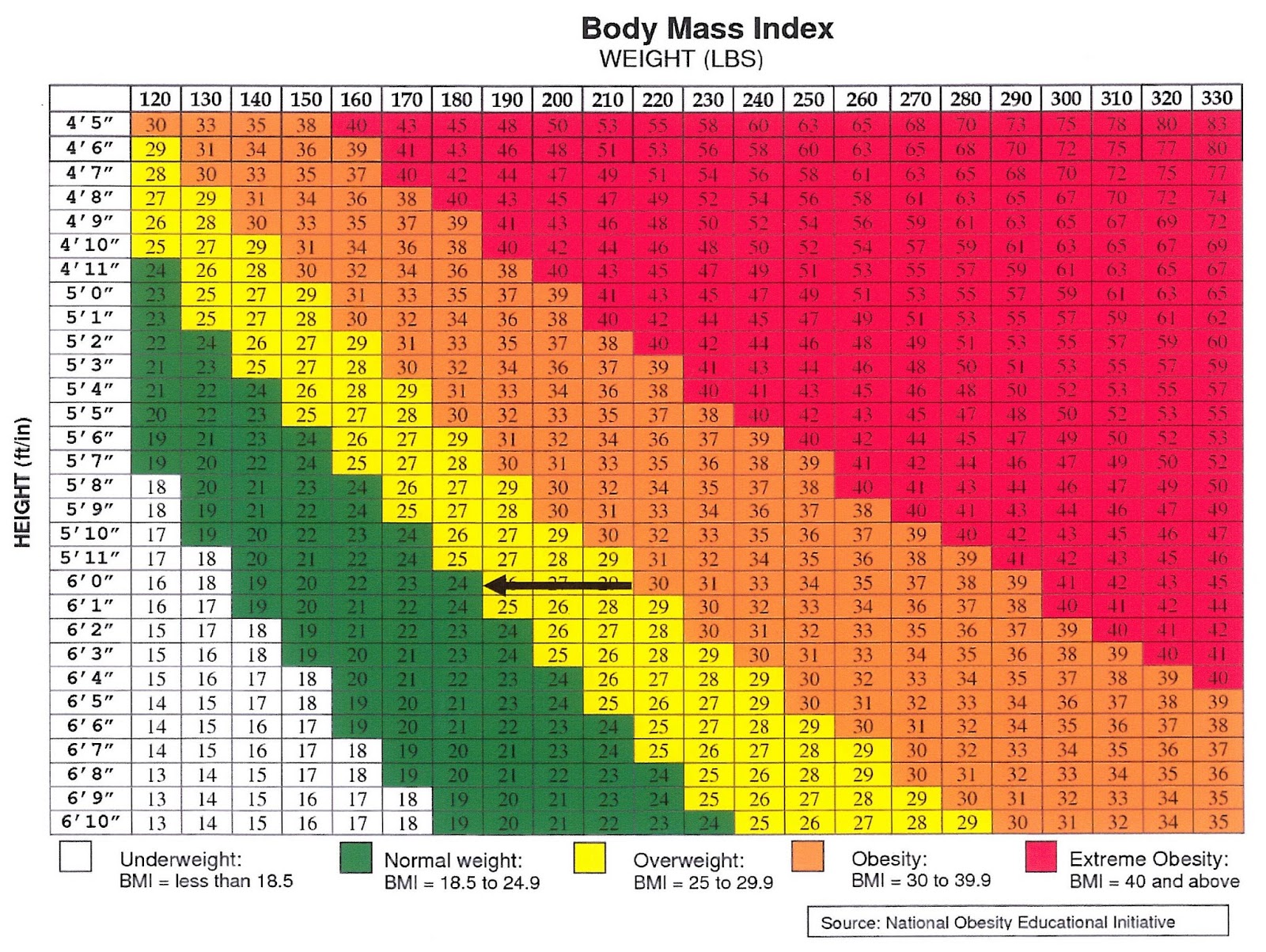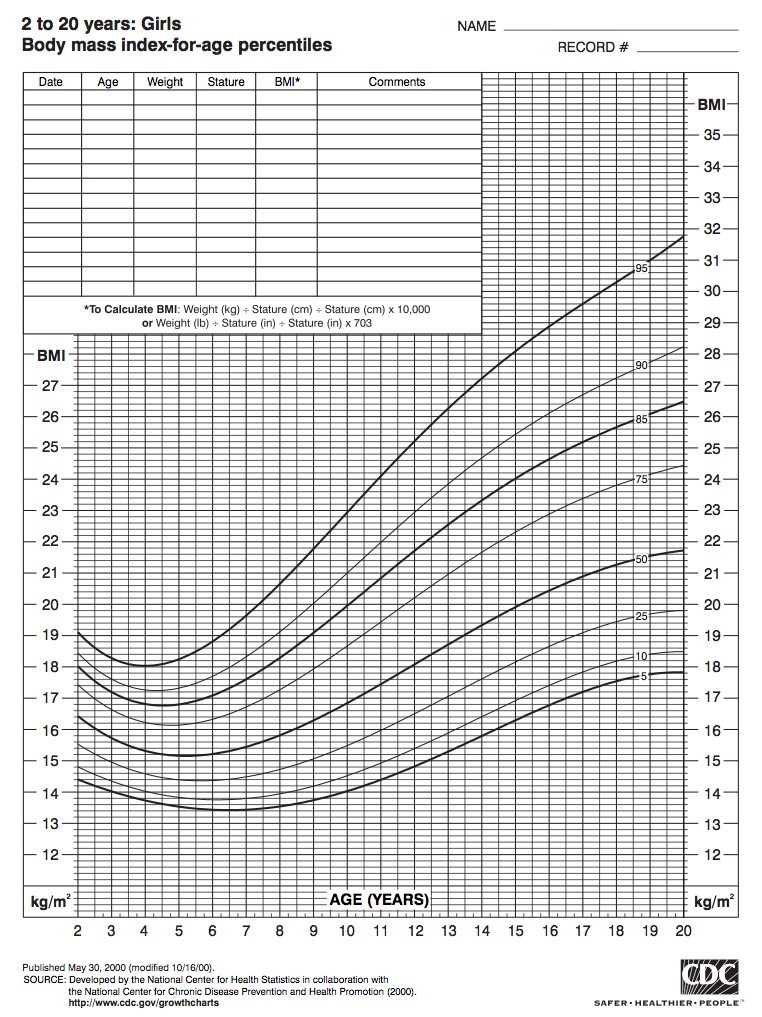

If you're concerned that your child may be gaining or losing weight too fast, talk to your doctor.Skip to content Skip to footer Bupa Healthlink Health conditions Allergies Angina Asthma Cancer & malignancy Cold, flu & cough Cold sore & oral herpes COPD Dementia Diabetes Disability Gastro Gut health Heart attack Knee pain Pain Palliative care STIs Stroke More conditions - Healthy recipes Breakfast Lunch Dinner Dessert Snacks & Drinks Family & pregnancy Getting pregnant Pregnancy Babies Kids Teenagers Families Healthy ageing Postnatal depression Pregnancy loss Mental health & wellbeing Anxiety disorder Body image Depression Grief & loss Mental health Mental illness Selfcare Sleep Health & fitness Diet & nutrition Exercises & workouts Fitness goals Rehabilitation Sports injuries Weight loss & management Sex & relationships Women's health Men's health LGBTQIA+ health Sexual pleasure Relationship advice Safe sex Home Travel & Beauty Healthy homes Pets Skincare Travel tips Health Tools BMI calculator Ideal weight calculator Waist to hip ratio Calorie converter Target heart rate Calories burned calculator While BMI is an important indicator of healthy growth and development, BMI is not a perfect measure of body fat. Any one measurement, taken out of context, can give you the wrong impression of your child's growth. It's important to look at the BMI as a trend instead of focusing on individual numbers.

Obese: BMI is at or above the 95th percentile for age, gender, and height.Overweight: BMI is at or above the 85th percentile but less than the 95th percentile for age, gender, and height.Healthy weight: BMI is equal to or greater than the 5th percentile and less than the 85th percentile for age, gender, and height.Underweight: BMI is below the 5th percentile age, gender, and height.The categories that describe a person's weight are: Your doctor can help you figure out whether this weight gain is a normal part of development or whether it's something to be concerned about. It's common for kids to gain weight quickly - and see their BMI go up - during puberty. And a kid with a small frame may have a normal BMI but still can have too much body fat.īMI is less accurate during puberty. Kids can have a high BMI if they have a large frame or a lot of muscle, not excess fat. For example, if a child has a BMI in the 60th percentile, 60% of the kids of the same gender and age who were measured had a lower BMI.īMI is not a direct measure of body fat. What Do the Figures Mean?īMI percentiles show how a child's measurements compare with others the same gender and age. Over several visits, the doctor is able to track your child's growth pattern.Īlthough not a perfect measure of body fat, BMI helps identify children who are gaining weight too slowly or too quickly. Because BMI changes with age, doctors plot children's BMI measurements on standard gender-specific growth charts. Starting when your child is 2 years old, the doctor will determine BMI at all routine checkups. But it's also important to talk to your child's doctor to help understand the results. You can use the KidsHealth BMI calculator below to find your child's BMI.

Body mass index (BMI) is a calculation that uses height and weight to estimate how much body fat someone has.


 0 kommentar(er)
0 kommentar(er)
